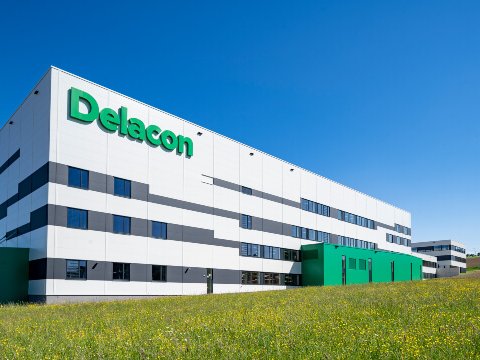Sustainability: There is no way around it - and that's good
In recent years, issues around sustainability in livestock production have gained interest. For us at Delacon, this important topic has been the focus of our work for a long time. We have been researching and developing sustainable solutions for some of the biggest challenges in modern livestock farming for more than 30 years.

"Sustainability" is on everyone's lips, and that's not surprising, as it probably is the keyword of this century. Hardly any advertising or product description can do without the well-known euphonious references, like "eco-friendly packaging," "compostable," or "reusable." In fact, a large part of our society is gearing its life already toward sustainability. Though awareness goes far beyond the private consumer, companies are taking their responsibility and their impact on our planet and the environment more and more seriously. Of course, sustainability does not either stop in the feed industry.
Sustainable Impact in Livestock Farming for more than 30 years
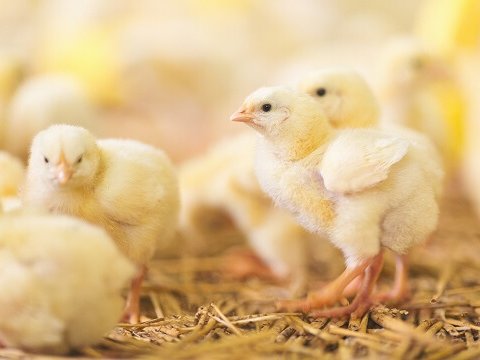
Time to take a closer look at the corporate sustainability at Delacon. What do we mean by this? What do we do to follow a more sustainable path in the long run? And why?
In recent years, issues around sustainability in livestock production have gained interest. For us at Delacon, this important topic has been the focus of our work for a long time. We have been researching and developing sustainable solutions for some of the biggest challenges in modern livestock farming for more than 30 years. On a global level, we help producers improve their animals' diets, reduce emissions and save costs. Because it's the producers who play an essential role in creating a more sustainable livestock production chain. Improving farm management and optimizing feed rations are crucial tools to reach this target.
Animals' diet...
...has an impact on emissions and is cost-intensive. Optimized farm management plays an essential role in creating a more sustainable livestock production chain.
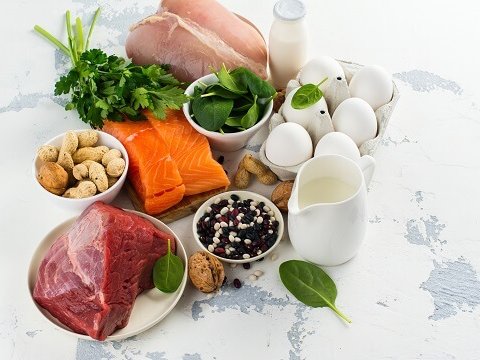
All for one (goal)
Markus Dedl, CEO at Delacon: "Consumers of today are very critical about their food and its origin. In my opinion, there is only one way to globally ensure high-quality animal protein production in the long-term, while at the same time meeting consumers' needs and high expectations: all of us, along with the feed to the food chain, be it livestock producers, feed manufacturers, scientists, technology suppliers, regulators or governments, we need to pull together to achieve this common goal of creating livestock systems that are both efficient and sustainable."
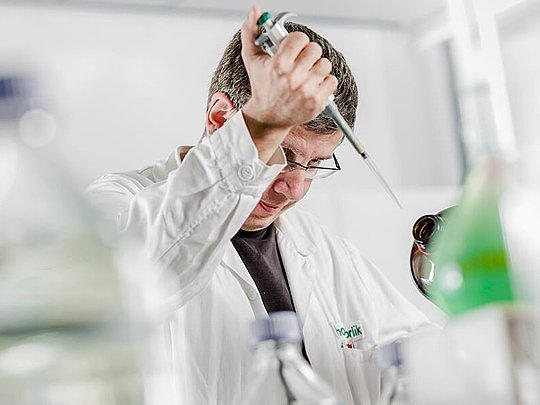
Nothing left to chance
For Delacon, this means focusing on extensive research and well-formulated phytogenic feed additives that are standardized, specific, science-based while having a sustainable impact on animals, people, and the environment. With our proven solutions, we can support animal health and boost feed efficiency, both being crucial for sustainable and economic animal production. Optimizing animals' nutrient utilization means reducing the resources used, thus contributing to responsible land and water use, including soil health.
Crucial: walk the talk
Thinking long-term and pursuing a holistic approach is what sustainability means to Delacon. It is integrated into our daily work structures, processes, and decisions – sustainability truly is part of Delacon's DNA. Many corporate sustainability initiatives focusing on emissions, mobility, energy, local sourcing, social measures, and buildings have been launched by Delacon so far. This is especially visible in the newly constructed Hub in Austria – an investment that shows our commitment to the category of phytogenic feed additives and our drive to develop it further. In the Hub, too, there is not only talk of sustainability; you can literally both see and "feel" it. Innovative building insulation, heat recirculation, modern filtration technologies, solar power plants on the roof of the buildings, and using only renewable energy for operating reflect that Delacon takes its responsibility towards the environment and future generations seriously. Above, the Hub represents a space for all dedicated to phytogenics.
“If you aim to make the world more sustainable every day, you consequently need to walk the talk.“
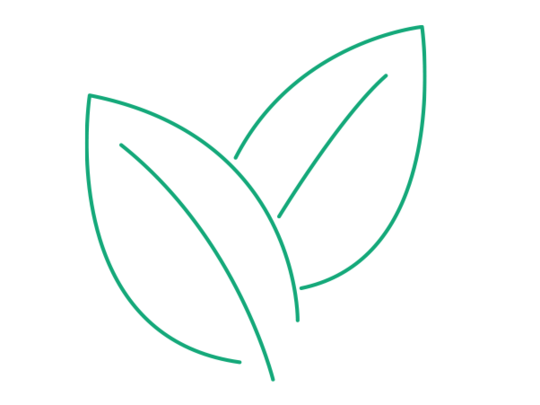
Still much room for improvement
The common goal of the feed industry, nourishing the world with high-quality protein, can only be reached with a strong commitment and support of all involved. A lasting strategy that links sustainability to products, solutions, and targets is key for companies to have a long existence. For us, sustainable use of resources and lasting partnerships build the basis for developing technologies and solutions that work in the long term.
We are convinced that there is a considerable potential to make the animal production sector more sustainable. Appropriate actions need to become an integral part of thinking and decision-making. Moreover, it is crucial to, on the one hand, continuously ask ourselves if we can do better to move forward and grow, and on the other hand, to practice what we preach. "Not only talk about sustainable actions in your company – you need to live it!" Of course, this requires certain efforts, but it brings significant returns, both economic and environmental, at the end of the day.
“We are sure that sustainability will become mainstream, just as phytogenics started as a niche market and turned into a popular one.“
Living the vision by shared values
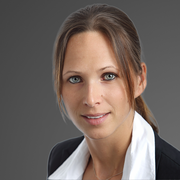
Elisabeth Rohrer
After her study in agriculture sciences at the university of natural resources and life sciences in Vienna, Elisabeth joined the Delacon team in December 2013 as Technical Communications Manager - a position, she always exerted with pleasure. Since 2021, her task areas have been extended and thus, she is also supporting colleagues in writing offside the technical focus as Content Manager. Elisabeth describes herself as a great animal and nature lover and prefers to spend her free time high up in the mountains with her little family, away from the hustle and bustle.
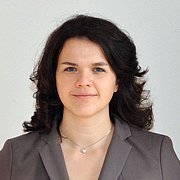
Bettina Karlinger
Bettina Karlinger joined our Organizational Development Team in May 2021. Previously, she studied economics in Linz and Spain and worked for over 15 years in market research. Bettina loves spending time in the nature together with her family and friends, enjoying the beautiful landscapes, mountains and lakes of Austria and – whenever possible – her “second home” Spain. Capturing these moments with her camera makes her day perfect.

